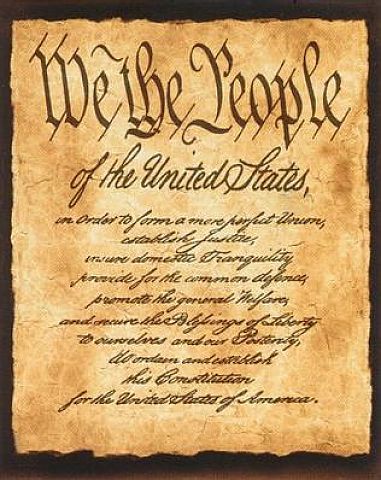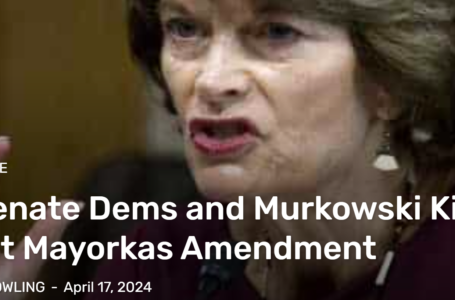The Unconstitutional Federal Vaccine Mandate

Many people are objecting to the mandate to get vaccinated and there are a number of lawsuits working through the courts. For the most part, people are arguing for an exemption. The core question should be “Does the Federal Government have the legal authority to issue a vaccine mandate?” In a word, no.
State Vaccine Mandates Can be Permissible
The foundational and still-controlling legal authority is Jacobson v. Mass, 197 U.S. 11 (1905). In that case, the U.S. Supreme Court let stand a vaccine mandate issued by a town. The Court reasoned that the town’s legal authority flowed from the State’s general police powers. Massachusetts law empowered local boards of health to mandate vaccines for when a contagious disease has an outbreak. During a Small Pox outbreak, the Cambridge board of health mandated that all adults who were fit candidates had to be vaccinated or pay a $5 fine. The Supreme Court found that the concern about an outbreak of a deadly and contagious disease justified this use of the state’s police powers.
The Court acknowledged the states’ inherent police power regarding public health and discussed why Massachusetts’ mandatory vaccination law was reasonable. It found the small pox vaccine “strongly tends to prevent the transmission or spread of this disease…” but conceded not everyone believed the vaccine prevented the disease, however it was generally held to have the “decided tendency to prevent the spread of this fearful disease and to render it less dangerous to those who contract it.” Jacobson at 34 (quoting Matter of Viemeister v. White, 88 A.D. 44, 84 N.Y.S. 712 (N.Y. App Div. 1903)[1]
The Tenth Amendment, though often ignored or neglected, explicitly excludes powers to the federal government that are not granted to it in the Constitution (or implied by the powers that are granted), the effect is that the federal government does not have general “police powers”. The legal phrase describing the federal government is that it has “limited and enumerated powers.”
The Tenth Amendment states:
The powers not delegated to the United States by the Constitution, nor prohibited by it to the states, are reserved to the states respectively, or to the people.
Taken together, the Tenth Amendment and Jacobson leave no doubt that the ability to create vaccine mandates belongs to the states. The Federal Government has NO authority to issue vaccine mandates.A state’s mandates will be upheld as long as it isn’t enacted or enforced in an unreasonable, arbitrary or oppressive manner (see Jacobson, at 39,40), so the Supreme Court’s refusal to stop the Maine mandate is not surprising.
The Supremacy Clause Does Not Rescue Biden’s Mandate
The Supremacy Clause makes it
Source: The Gateway Pundit















